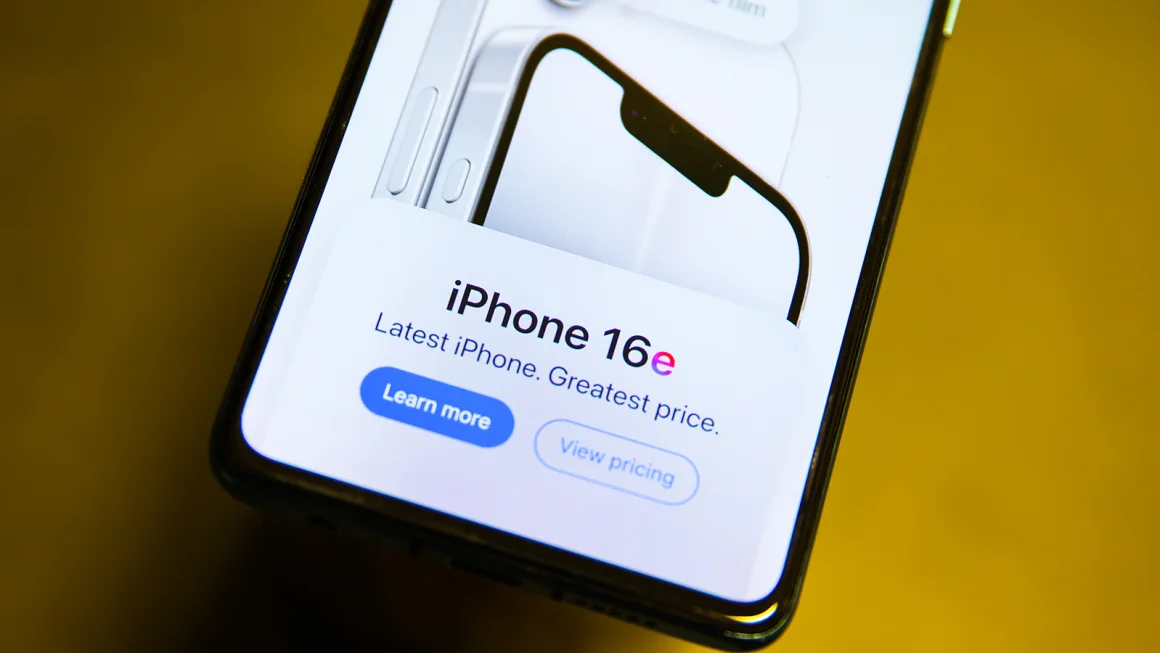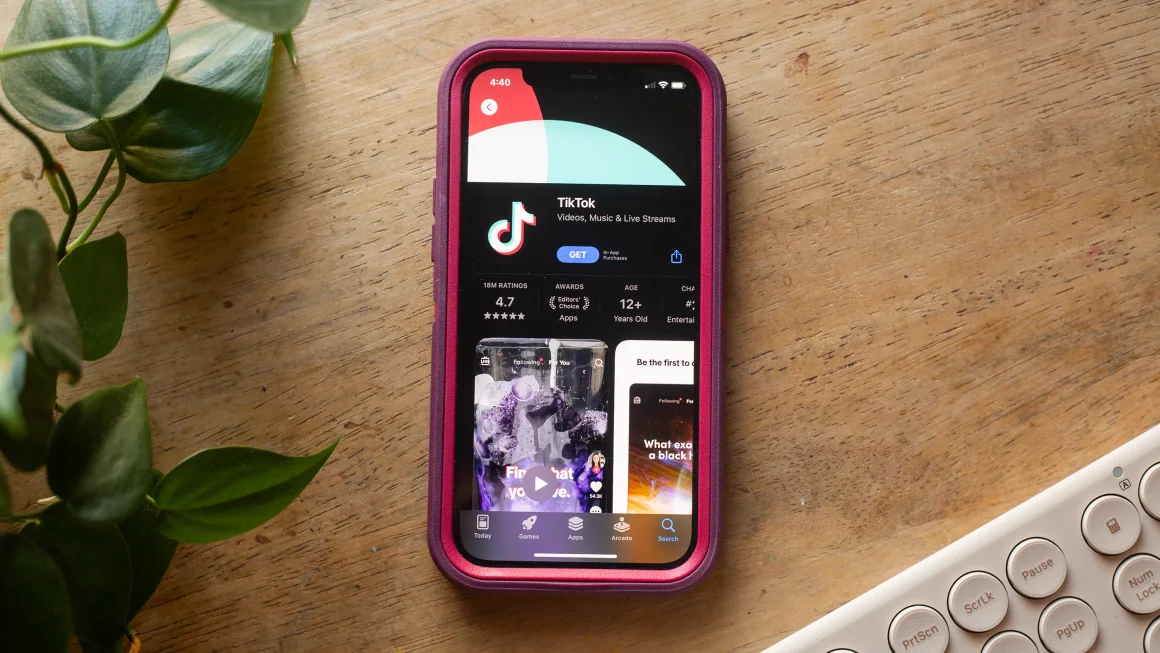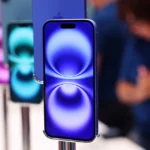Some of Silicon Valley’s biggest names are finally acknowledging what many have started to suspect: their most iconic products—Google Search, Facebook, and even the iPhone—may not remain dominant forever.
In separate antitrust trials involving Meta and Google, top tech executives admitted that user habits are shifting, and the tools that once defined the digital era are seeing declines in popularity. These candid statements reflect the intense pressure these tech giants face amid rapid advancements in artificial intelligence and emerging social platforms.
For decades, companies like Apple, Google, and Meta revolutionized how we connect, search, and communicate. Google’s rise in the late ’90s stemmed from its smart search algorithm. Facebook (now Meta) changed social interactions into a stream of likes and shares. And the iPhone, launched by Apple in 2007, unlocked mobile access to these platforms anywhere, anytime.
However, new trends are signaling change.
Apple’s senior vice president of services, Eddy Cue, testified that for the first time, Google searches on iPhones recently dropped—a shift possibly driven by the rise of AI chatbots. Market analysts from Gartner predict that traditional search traffic could fall 25% by 2026 as people turn to AI for information.
Despite this, Google insists that search queries overall are still growing, including from Apple devices.
Meta is seeing similar shifts. CEO Mark Zuckerberg admitted that Facebook’s original purpose—adding friends and sharing content—is declining. “People aren’t sharing with friends on Facebook as much,” he said, adding that even the number of new friend connections has dropped. Instead, users are increasingly relying on private messaging and video content like Instagram Reels.
Zuckerberg also highlighted how Meta is adapting to changing user behavior, especially among younger audiences. A Pew Research Center study found that only 32% of teens use Facebook, compared to 71% a decade ago.
Even the iPhone might not be as essential in the future. Cue remarked that it’s possible we won’t need iPhones in ten years—an idea that once seemed unthinkable. Instead, the next big shift may involve wearable tech like smart glasses. Companies such as Meta, Google, and Samsung are already investing in these innovations, while Apple has released the Vision Pro headset as a step toward that future.
Zuckerberg envisions a time when people will interact with content through “smart glasses and holograms” instead of smartphones. Amazon also hinted at Alexa-enabled glasses as a possibility.
Meanwhile, consumers are taking longer to upgrade their phones, as each new model brings fewer significant changes.
For now, iPhones, Google searches, and social media feeds still dominate daily life. But change is on the horizon. And for Silicon Valley, that change presents both a challenge and an opportunity—to innovate again and prove they can still lead the future of tech.














